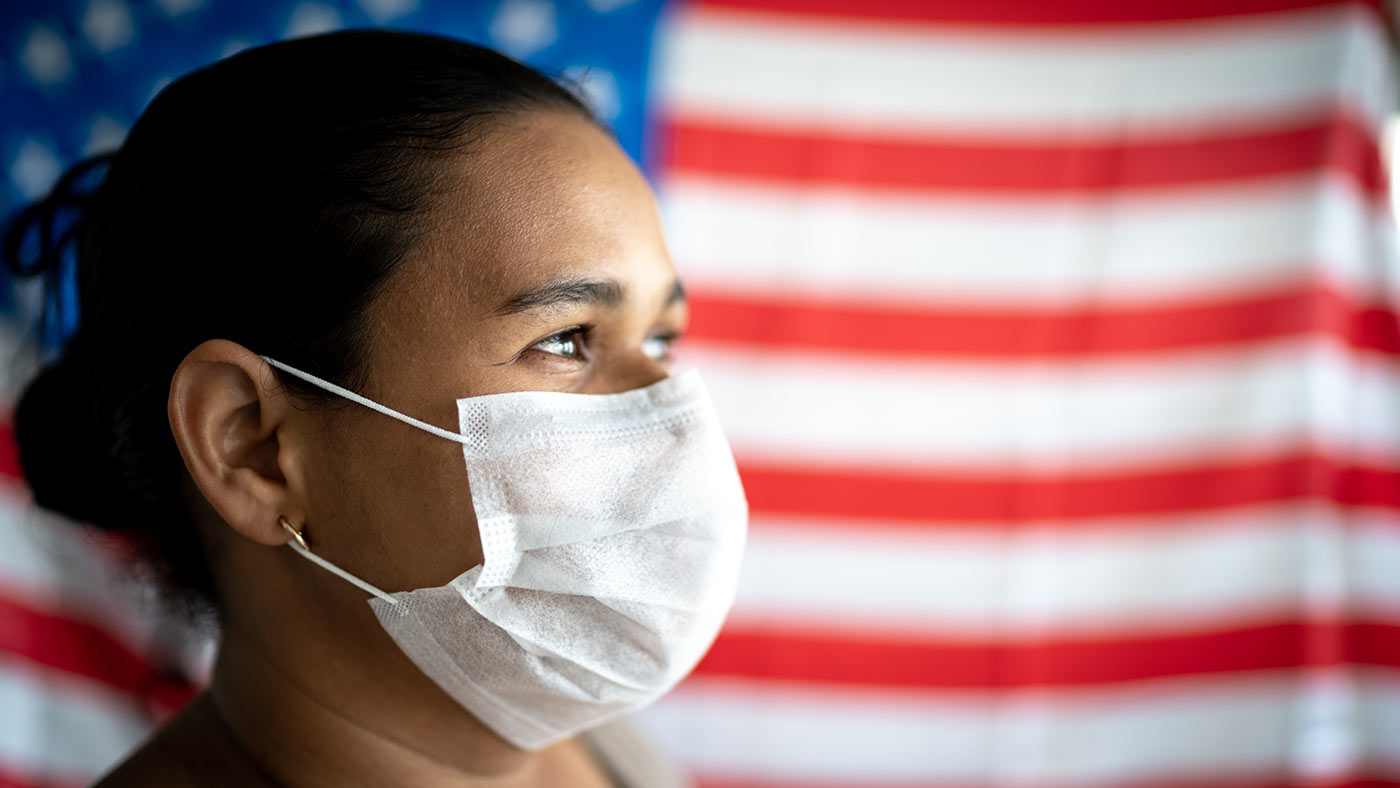Falling life expectancy: why America is a ‘death trap’
Life expectancy in the US has reached its lowest level in more than 25 years

A free daily email with the biggest news stories of the day – and the best features from TheWeek.com
You are now subscribed
Your newsletter sign-up was successful
American lives are getting shorter, said Siobhan McDonough on Vox. The latest data released by the federal government show that the nation’s life expectancy declined for a second year in a row in 2021, to its lowest level in more than 25 years.
From about 79 years in 2019, it fell to around 76, the sharpest two-year decline in nearly a century. Most wealthy countries saw their life-expectancy figures bounce back in the second year of the pandemic. Not so the US. The decline among American Indian and Alaskan Native people is particularly striking: their life expectancy fell from 71.8 years in 2019 to 65.2 in 2021, close to the national average during the Second World War.
“To experience any stalling or reduction in life expectancy is tragic,” said Ryan Masters, one of the authors of the latest data; but to see reductions of three, four, five, or six years is “mind-boggling and heartbreaking”.
The Week
Escape your echo chamber. Get the facts behind the news, plus analysis from multiple perspectives.

Sign up for The Week's Free Newsletters
From our morning news briefing to a weekly Good News Newsletter, get the best of The Week delivered directly to your inbox.
From our morning news briefing to a weekly Good News Newsletter, get the best of The Week delivered directly to your inbox.
The reductions are mainly down to Covid, said Dave A. Chokshi in The New York Times. But they also reflect other factors, including the opioid epidemic, gun violence and high rates of chronic disease. “America is at a fork in the road with respect to the health of the nation.”
It can seek to put Covid behind it and just continue on the same trajectory, as it did after the 1918 flu epidemic. Or it can embrace radical health reform, in the spirit of the “great sanitary awakening” that ended outbreaks of typhus, dysentery and cholera in the 19th century.
We’ve got to do something to stop the US being “the death trap of the wealthy world”, said Derek Thompson in The Atlantic. Building more homes near urban centres would help. Long commutes and a lack of walkable areas are one reason Americans are “world leaders in the category of sitting on our butts”.
One pedometer analysis found that the typical American barely takes 5,000 steps a day, which is way fewer than people in other countries. That, and the ubiquity of junk food, might explain why America’s obesity rate is over eight times higher than Japan’s.
A free daily email with the biggest news stories of the day – and the best features from TheWeek.com
Increasing people’s access to affordable primary care would also help prevent many deaths. America leads the world in some healthcare categories: there’s no better place to be if you contract prostate or breast cancer. This suggests that “the US is not utterly incompetent, but rather selectively competent”, and that if it can refocus its healthcare policies in the right way, it could “improve quickly”.